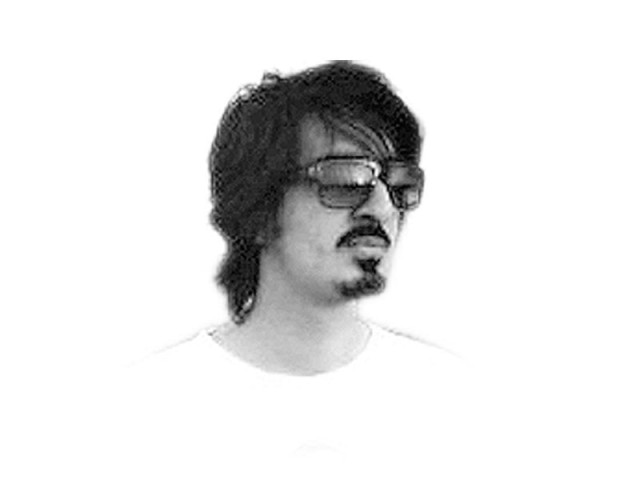From non-proliferation to nuclear supplier
France, Russia, UK and US are trying to make India a member of the NSG to help it grow as a counterweight to China.

The writer has a master’s in strategic and nuclear studies and is an independent researcher from Islamabad. He tweets @ali9119
Forty years later the situation has changed.
France, Russia, the UK and the US are campaigning to make India a member of the NSG. The motives are simple — the huge potential for nuclear economics in the Indian market and to help India grow as a counterweight to China. Britain states that India qualifies because of accomplishing a healthy civil nuclear industry and has good non-proliferation credentials. While the first point may be true, the second is doubtful.
It’s ironic how these advocates of Indian inclusion into the NSG are also advocates of nuclear non-proliferation and have given a commitment under Article VI of the Non-Proliferation Treaty (NPT) towards nuclear disarmament. Having already failed on the latter, they would also lose their moral authority over the former. Irony also lies in the fact that the same states that felt hard done by Indian transgression in 1974 are pushing for its membership.
The quintessential criterion for the NSG membership is a good non-proliferation record and adherence to international non-proliferation treaties like the NPT, as well as other bilateral or multilateral agreements. It also entails support to international efforts to stop the spread of weapons of mass destruction (WMD). India fails on both these accounts.
India is not an NPT member and terms it discriminatory.
India championed for nuclear disarmament before the treaty was signed, yet, pursued a nuclear weapons path alongside it. This programme bore fruits four years after the treaty was operational when India tested its nuclear device. In breach of its international agreements with Canada, India diverted plutonium from the Canadian-Indian Reactor, US (CIRUS) reactor provided solely for peaceful purposes and used it for military purposes of the 1974 testing. This shows a blatant breach of non-proliferation laws and norms by the Indian state.
Similarly, India and Pakistan signed an agreement on chemical weapons on August 19, 1992. They agreed not to develop, produce or acquire chemical weapons, while reassuring each other of not having any existing stockpiles of such. However, after denying the existence of chemical weapons for years, India in 1997 declared its chemical weapons stockpile. Almost 20 tonnes of sulphur mustard were filled in artillery shells, while some 984 tonnes were stored! The Indian state had, yet again, failed its commitment to stop the growth of WMDs by breaking the agreement.
Diplomatic campaigns aside, if India is allowed membership of the NSG, it would set the worst precedents in the non-proliferation regime’s history. Break laws, norms and breach agreements; no punishment will ensue if you provide good economics.
This trend will tempt non-nuclear weapons states inside the NPT to withdraw since there is a better trade-off — becoming a nuclear weapon state and a nuclear beneficiary rather than a reliant state. In the Cold War phase, the emphasis was on how to acquire nuclear weapons; now it will be on how to acquire nuclear weapons and develop an effective civil nuclear industry. In the end, all sins are forgiven.
This will be an utter nightmare for all. Are economic interests now more important than a safe and secure future world? Is this rational behaviour from world leaders?
Published in The Express Tribune, June 21st, 2013.
Like Opinion & Editorial on Facebook, follow @ETOpEd on Twitter to receive all updates on all our daily pieces.
















COMMENTS
Comments are moderated and generally will be posted if they are on-topic and not abusive.
For more information, please see our Comments FAQ